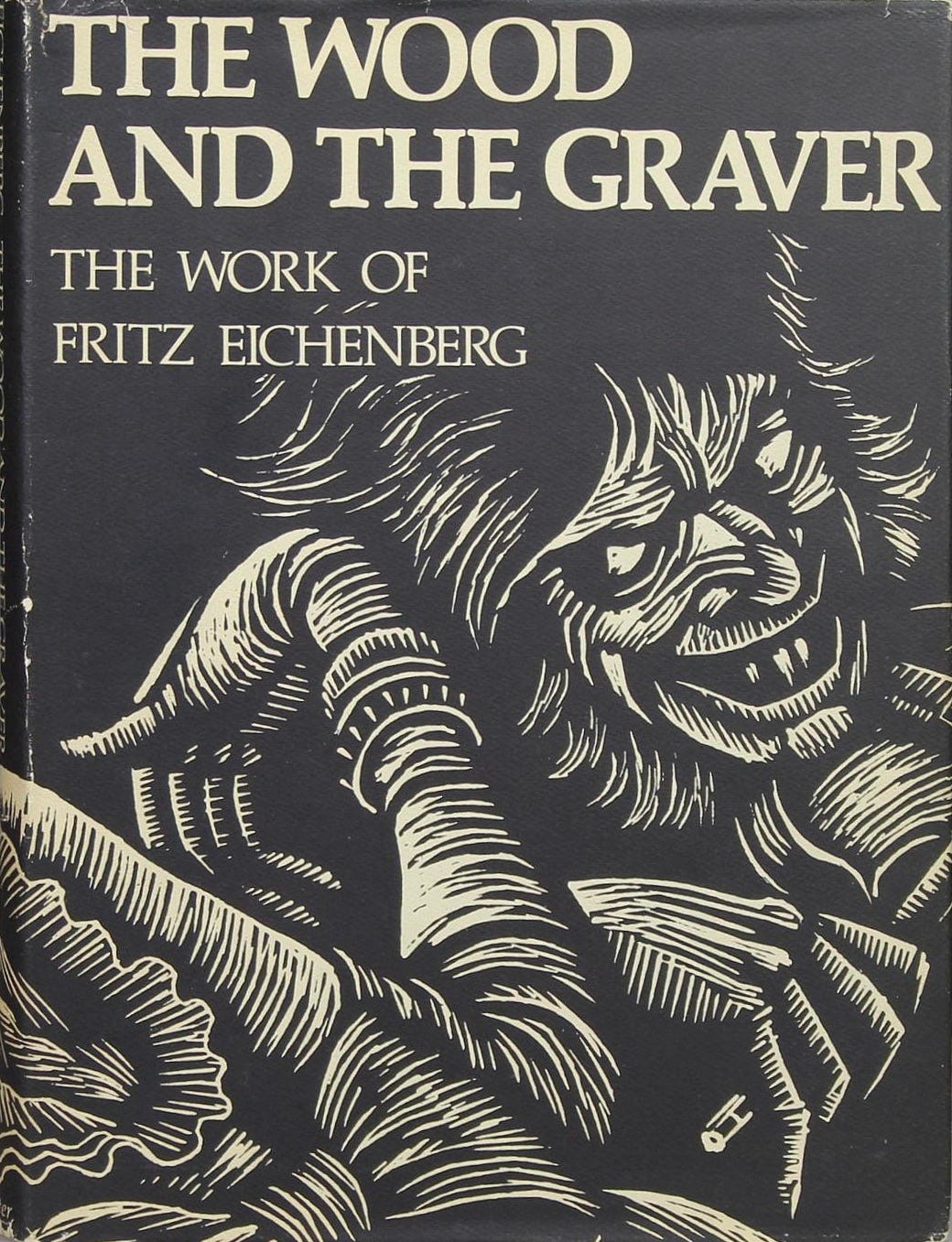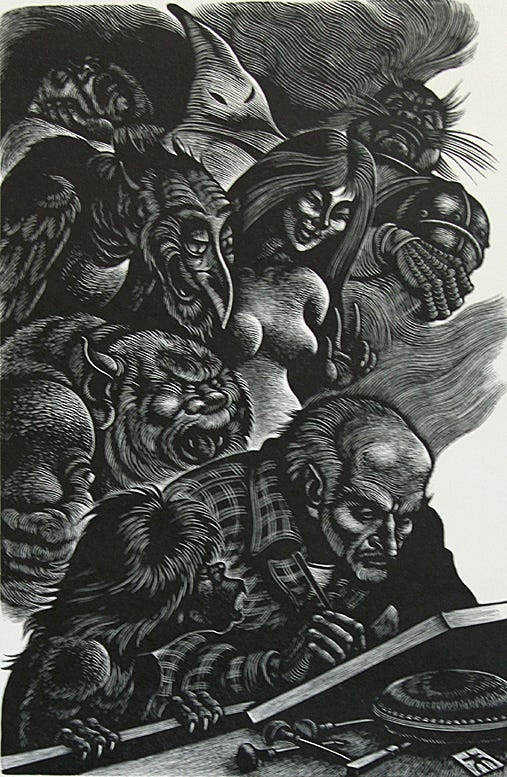Collaboration, Cooperation
IT TOOK MORE than two months for Herb to dispose of the coarse goods Ben gave him, develop eleven new couples (and how he yearned for Lorna while he worked, how much his imagination was enlarged by thinking of her), sell his list of Five-Foot-Shelf customers, sell his old Studebaker Four, and buy a new-to-him Studebaker Series 19 “Light Six.” Lorna carved coarse goods for Luther while she waited for Herb’s return, and together, though apart, they accumulated a nice little nest egg.
Herb ’n’ Lorna, Chapter 8
He stopped and looked at Lorna. She was beaming. “I could do much better than this,” he said.
“We could work together,” said Lorna.
“We could,” said Herb. “I could do the mechanical work.”
“And I could make the little figures.” Her heart was pounding. …
They wanted to work together, and they wanted to work on jewelry, but they didn’t want to make toasters, convertibles, and pianos.Herb ’n’ Lorna, Chapter 14
Let’s work together, come on, come on, let’s work together
Wilbert Harrison, “Let’s Work Together”
“Who is capable of self-support? . . . There is no such thing in a civilized society as self-support. In a state of society so barbarous as not even to know family cooperation, each individual may possibly support himself, though even then for a part of his life only; but from the moment that men begin to live together, and constitute even the rudest sort of society, self-support becomes impossible. As men grow more civilized, and the subdivision of occupations and services is carried out, a complex mutual dependence becomes the universal rule. Every man, however solitary may seem his occupation, is a member of a vast industrial partnership, as large as the nation, as large as humanity. The necessity of mutual dependence should imply the duty and guarantee of mutual support; and that it did not in your day constituted the essential cruelty and unreason of your system.”
Doctor Leete to Julian West, who fell asleep in Boston in 1887 and awoke in Boston in 2000, in Edward Bellamy’s Looking Backward: 2000–1887 (first edition January 1888)
Currently on the cocktail table:
Have you missed an episode or two or several?
You can begin reading at the beginning or you can catch up by visiting the archive or consulting the index to the Topical Guide.
You can listen to the episodes on the Personal History podcast. Begin at the beginning or scroll through the episodes to find what you’ve missed.
You can ensure that you never miss a future issue by getting a free subscription. (You can help support the work by choosing a paid subscription instead.)
At Apple Books you can download free eBooks of “My Mother Takes a Tumble,” “Do Clams Bite?,” “Life on the Bolotomy,” “The Static of the Spheres,” “The Fox and the Clam,” “The Girl with the White Fur Muff,” “Take the Long Way Home,” “Call Me Larry,” and “The Young Tars,” the nine novellas in Little Follies, and Little Follies itself, which will give you all the novellas in one handy package.
You’ll find overviews of the entire work in An Introduction to The Personal History, Adventures, Experiences & Observations of Peter Leroy (a pdf document) and at Encyclopedia.com.





